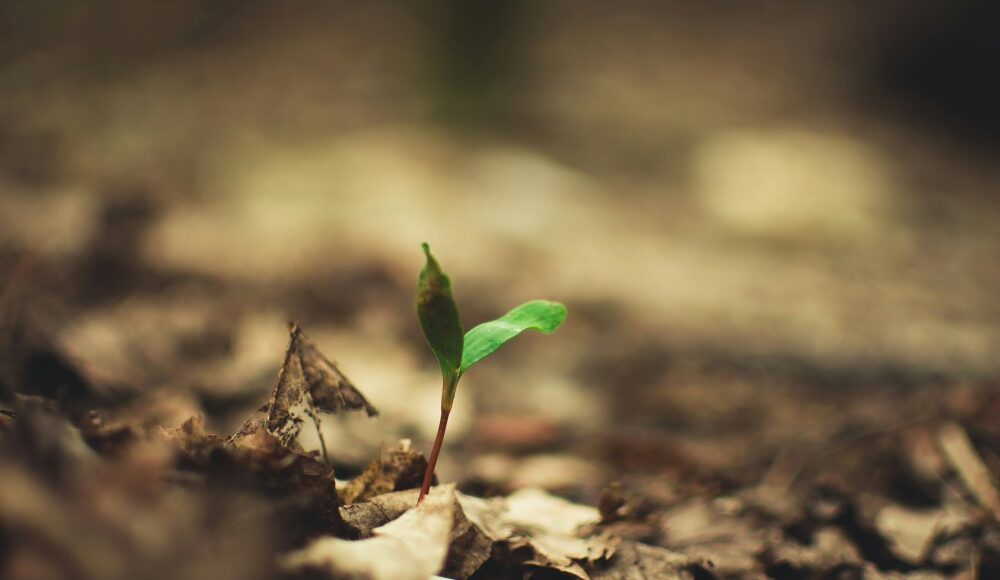MAY 2 — Malaysia’s healthcare system is evolving — not just to heal people, but to heal the planet.
A clear reflection of this shift is the launch of a biodegradable products pilot project by the Ministry of Health (MoH) at the Green Healthcare Facilities Conference 2025 on April 28, marking a key step towards a more sustainable healthcare future.
This pilot initiative is the result of a collaboration between MoH and Free The Seed Sdn Bhd — a BioNexus Status company nurtured by the Malaysian Bioeconomy Development Corporation (Bioeconomy Corporation) — to supply biodegradable patient meal trays in selected hospitals, with plans for nationwide rollout.
MoH’s leadership in promoting sustainability and spearheading a transformational shift towards a carbon-neutral healthcare system deserves strong recognition.
This initiative underscores MoH’s firm commitment to achieving net-zero emissions by 2050, ensuring healthcare not only heals people but also contributes to a climate-resilient future.
Why does this matter? Since 2022, clinical trials with MoH have shown that biodegradable items are safer for the environment and more cost-efficient than steel and plastic utensils, which require water-intensive cleaning and sterilisation.
Life Cycle Assessment (LCA) data reinforces the case: biodegradable items emit only 91.2 kg of CO₂ compared to 6,400 kg for steel and 2,211 kg for plastic utensils.
MoH’s leadership in promoting sustainability and spearheading a transformational shift towards a carbon-neutral healthcare system deserves strong recognition. — Picture via Unsplash/Andriyko Podilnyk
In terms of deforestation, biodegradable items cause negligible impact — about four trees lost — versus 3,110 for steel and 17,000 for plastic utensils.
Equally important is the social impact.
Over 10 years, this initiative generates RM156,800 in additional income for B40 farmers in Gurun, Kedah who supply rice straw waste — repurposed by Free The Seed through patented biotechnology into biodegradable products that naturally decompose.
By becoming key partners in the supply chain, farmers also help prevent open burning and landfill disposal of agricultural waste.
This shift aligns closely with the principles of bioeconomy, where biotechnology and bio-based materials are part of a circular system that add value to local industries, reduce dependency on fossil-derived materials, and create additional income for rural livelihoods.
It also supports Malaysia Madani, the UN Sustainable Development Goals, and the National Biotechnology Policy 2.0, which promotes sustainable bio-based innovation and a low-carbon, circular economy.
Bioeconomy Corporation is proud to support this transformation.
As the lead agency advancing Malaysia’s bioeconomy, it works closely with government bodies, researchers, companies, and local communities to nurture the ecosystem.
It helps identify promising technologies, accelerate regulatory pathways, and enable partnerships that bring bio-based innovation into mainstream use — just like the collaboration between Free The Seed, MoH, and the farmers.
But this is just the beginning.
There are many more opportunities to bring sustainability into the healthcare value chain: biodegradable packaging for pharmaceuticals, plant-based disinfectants, enzyme-based cleaning products, and bio-based hospital textiles.
The potential is enormous and Malaysia has the expertise, biodiversity, and industry players to lead the region in sustainable healthcare solutions.
And Bioeconomy Corporation is ready to lead this charge.
Together, we can reimagine healthcare as not only a system that cures, but one that also cares — for people and the planet.
* Mohd Khairul Fidzal Abdul Razak is the Chief Executive Officer of the Malaysian Bioeconomy Development Corporation (Bioeconomy Corporation)
** This is the personal opinion of the writer or publication and does not necessarily represent the views of Malay Mail.





